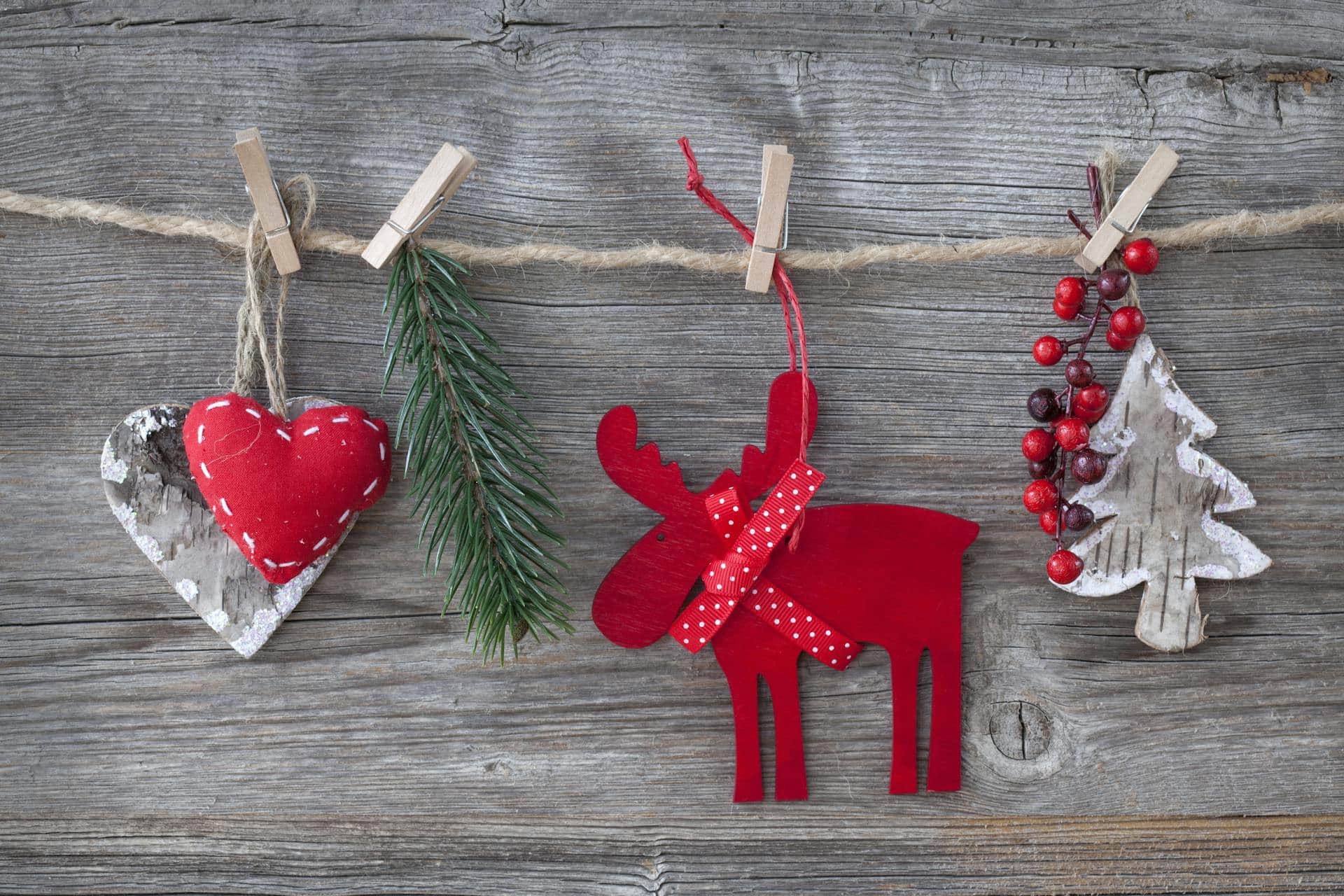Knowing how to gather safely for celebrations is essential to minimizing risks and doing your best to avoid exposure to and the spread of COVID-19. It’s easy to let your guard down in social settings. You may feel pressured or obligated to attend gatherings and events because you may not have seen the people you care about for some time. You may not feel entirely comfortable doing so. Getting together should be done safely, and there are many ways to approach the upcoming holidays with safety in mind. Here are some ideas for the coming celebrations and precautions to take if you are considering hosting a gathering.
Gather information so you can decide whether to attend
You can do several things to help decide how comfortable you feel about attending an event you’ve been invited to. Even if you were feeling healthy when you accepted, it’s important to re-assess how well you feel both several days before the event, and the day of to see if you are experiencing any symptoms of COVID-19. Consider checking in with the host to see if other guests who have confirmed have indicated how they have been feeling in advance of the gathering. If you are uncomfortable with what you hear, it’s okay to decline the invitation.
It’s also important to do a bit of research about the venue, whether it’s at someone’s home or a larger multi-purpose space and think about how the gathering might play out.
- If you know the room, be realistic about whether it’s large enough for the number of guests attending. If you aren’t familiar with the space, find out. There should be enough room to maintain 2 meters or 6 feet of distance between people from different households.
- You will also want to understand the cleaning protocols in place for sanitizing surfaces and washrooms and what may be set up to accommodate frequent handwashing.
- Are face coverings going to be mandatory or optional? Suppose they are required in a public venue. In that case, they will provide some measure of protection since COVID-19 is transmitted through respiratory droplets. While face coverings are strongly recommended for guests in a private home, hosts may feel awkward trying to reinforce this. You may want to consider picking up a medical-grade mask to wear since these have been proven more effective at shielding in close quarters than cloth masks.
- It’s a good idea to review some of the standard health screening questions with your host. Find out if anyone who will be attending has been in contact with someone who has tested positive for COVID-19. While they may have recovered, there is a risk that they could still be shedding the virus. Similarly, ask if anyone has travelled outside of the province or country in the 14 days leading up to the gathering. Find out if they have fulfilled mandatory quarantine requirements and been self-isolating.
- Ask about food and drink. It could help you feel more comfortable with how food has been prepared and how it will be served. Utensils, even for serving, should not be shared between people, and food should be covered. It should also be placed in a designated space within the venue. Guests should dispose of any unconsumed food promptly rather than leaving it unattended. Much of what we love about socializing during the holidays revolves around food. Often, people contribute a dish to spare the host some effort. In every case, you need to consider the precautions the cook has taken. There could be an increased risk with “pot-luck” style events. Members from the same household may be seated together at a table. In that case, the “family-style” service of food items may be fine, but that would be the only case to consider. For drinks, think about whether or not someone is serving them or can pick one up from a station. While it may feel awkward, these kinds of extra precautions can help reduce transmission and help you feel more comfortable while in attendance
- Talk about how people will express affection for one another, apart. It’s second nature to want to greet people you care about with hugs and handshakes. Remember that close contact is only advised for people who live together. It may be challenging and emotional to process; however, it is best to keep yourself and the people you care about safe. If you must get close to someone, ensure that both of you are masked, that you have both disinfected your hands, and that your time in each other’s personal space is not too long.
- Finally, many holiday gatherings focus on singing and dancing as part of the celebrations’ focal point. Remember that these activities draw on our respiratory systems and have the potential to increase viral droplets into the air.
Hosting? There are many things to consider when it comes to guest safety
Here’s a checklist of things you need to be responsible for as a host when gathering for the holidays this year.

- Check the current gathering restriction guidelines for your community and adhere to them. There may be differences based on geographic areas and the types of venues permitted to be open, depending on current transmission spread and outbreak/infection status.
- Consider your guest list in view of the guidelines
- Identify anyone who is at high risk: are they immunocompromised or elderly.
- Identify anyone who has a higher degree of exposure: school-aged children, people who may work in settings with a larger number of co-workers, anyone who is a healthcare worker or first responder.
- Create a list of people who could attend within an acceptable degree of risk. It may be easier to keep this list small.
- Share your guest list with other guests so they can make respectful decisions about attending.
- Consider the venue
- Is it public or private?
- Is there enough space for everyone to maintain prescribed physical distancing?
- Are there outside areas (covered, screened) that people could use or that you could use to exchange air?
- How should you handle washroom facilities (sanitation, staggered entry)?
- How can you protect other spaces and identify areas that are out of bounds?
- What is the protocol for cleaning surfaces?
- How will storing outdoor footwear and coats work safely?
- Gathering and activities
- Pre-screen guests for their health status before they arrive. Be flexible if people determine they cannot attend on the day of.
- Consider assigning an arrival window to avoid crowding. You may want to prepare a short set of instructions and send them to everyone attending in advance, so they know how you are trying to keep them safe.
- Consider gifting each attendee a personal sanitation kit (hand sanitizer, face covering, hand cream, mouthwash) and encourage the wearing of face coverings, especially for members of different households who are sharing a gathering space (even in a private home)
- You may want to collect contact tracing information from attendees. While most venues are required to do this, as a host at home, you are not obligated to, but it can make it easier to reach out to people if someone were to fall ill after the gathering.
- Take precautions when preparing and serving food and beverages. Reduce the number of people cooking and ensure that serving utensils are not shared between guests. For drinks, consider individual bottles or cans that people can take themselves.
- Consider foregoing any gift exchanges, singing or dancing as these activities can increase transmission. Think of alternatives for this year that will still honour traditions but keep everyone in the venue safe. Perhaps you can show videos of past years “performances” for people to enjoy and reminisce about.
- Involve people who cannot or choose not to attend in person through technology. You may be able to use a common platform to “go live” with your event, or a portion of it. Of course, when using video conferencing, be sure that people are not passing devices around without first taking proper cleaning protocols.

Above all, make decisions for yourself and your guests (if you are hosting) based on public health recommendations. Most people will understand that decisions may change, so being flexible and understanding will be quite important. If you do decide to gather with those you care about, enjoy the time together. This holiday season will be different from any other in recent memory. Customs and traditions will need to adapt as well. Be sensitive to how it will affect others as you may see people feeling more depressed, lonely and isolated. Do you best to reach out and offer reassurance and show how much you care.





